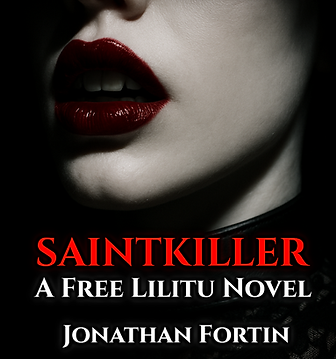- Aug 16, 2023
- 1 min read

I'm delighted to announce that my REVERSE MERMAID story THE SOULLESS EYES OF A FISH will be appearing in Atomic Carnival Books's GREATER THAN HIS NATURE anthology.
It comes out Oct. 24, 2023. You can pre-order it here: https://atomiccarnivalbooks.square.site/
Description:
In every laboratory that is, was, or ever will be, there are two diametrical energies at play: chaos and control. The raw pandemonium of what is, and the diamond-sheen of what could be. And in between? Blood, bones, and bodies. Because no equation, no solution, will ever contain the wild entropy of the human heart.
Featuring 20 tales of mad science gone awry from Katharine Duckett, A.T. Greenblatt, Ally Malinenko, Tyler Battaglia, Samantha H. Chung, Jonathan Fortin, Brianna Nicole Frentzko, Josh Hanson, Wade Hunter, M.W. Irving, Pooja Joshi, Andrew Kozma, K.L. Mill, Lena Ng, Robert Perez, Zachary Rosenberg, Jennifer Lee Rossman, Violet Schwegler, and Nicole M. Wolverton. Edited by Eirik Gumeny.
But what are Reverse Mermaids, you ask? Well, instead of their top half being human and bottom half being fish, they're fish running around with human legs. For a laugh, watch this performance of one singing "PART OF YOUR WORLD": https://youtu.be/xBCGVqyWrSQ













